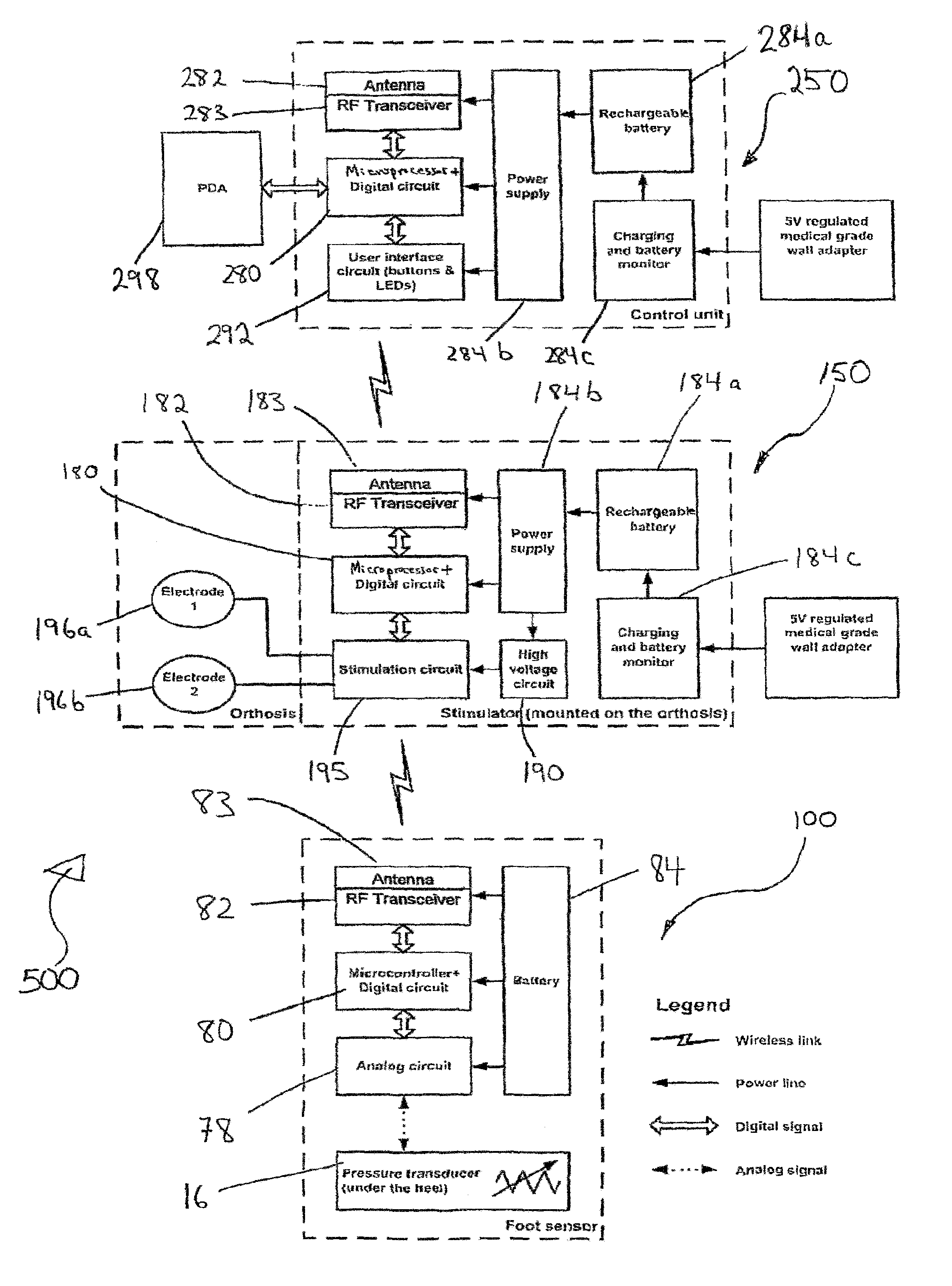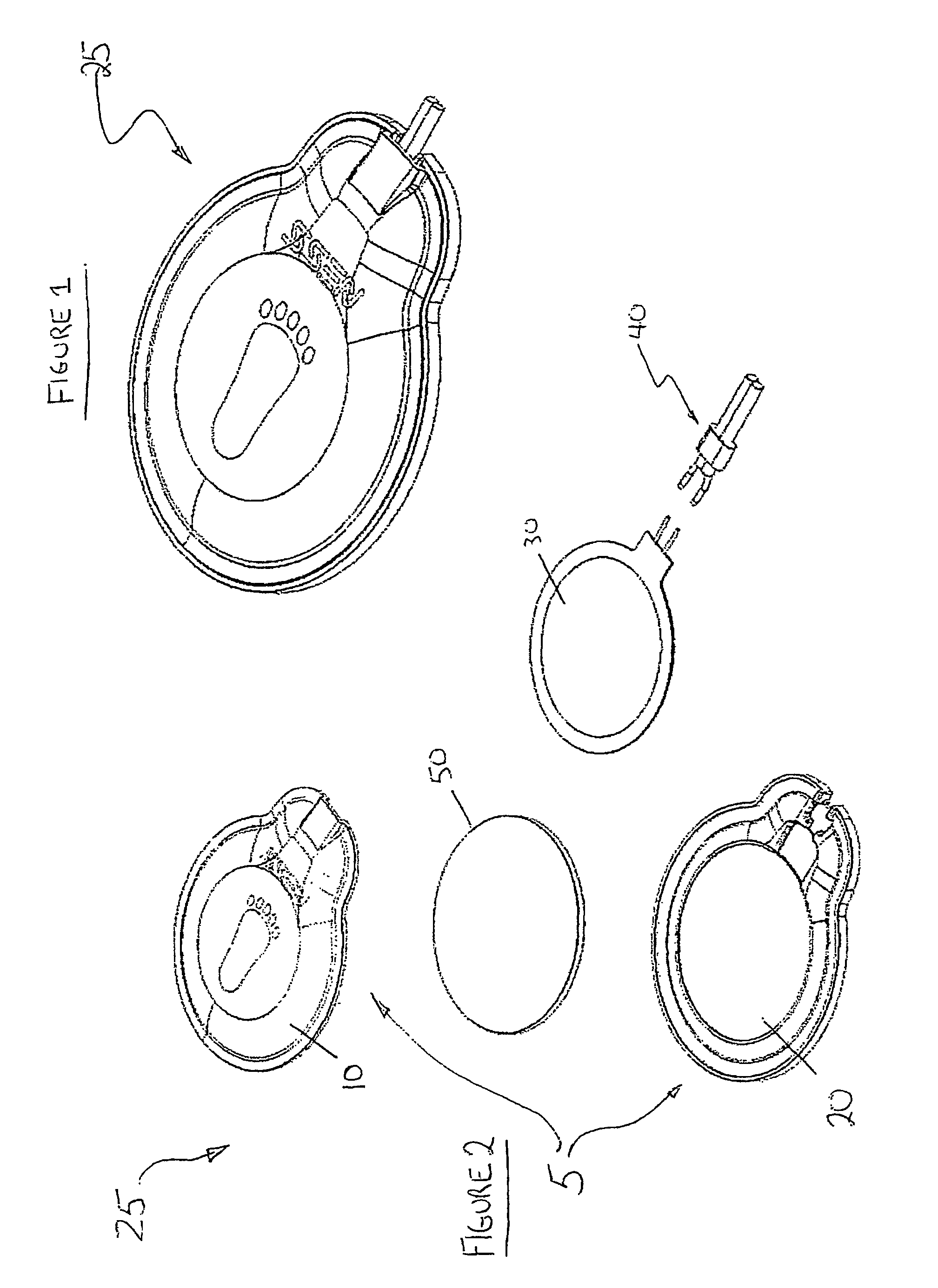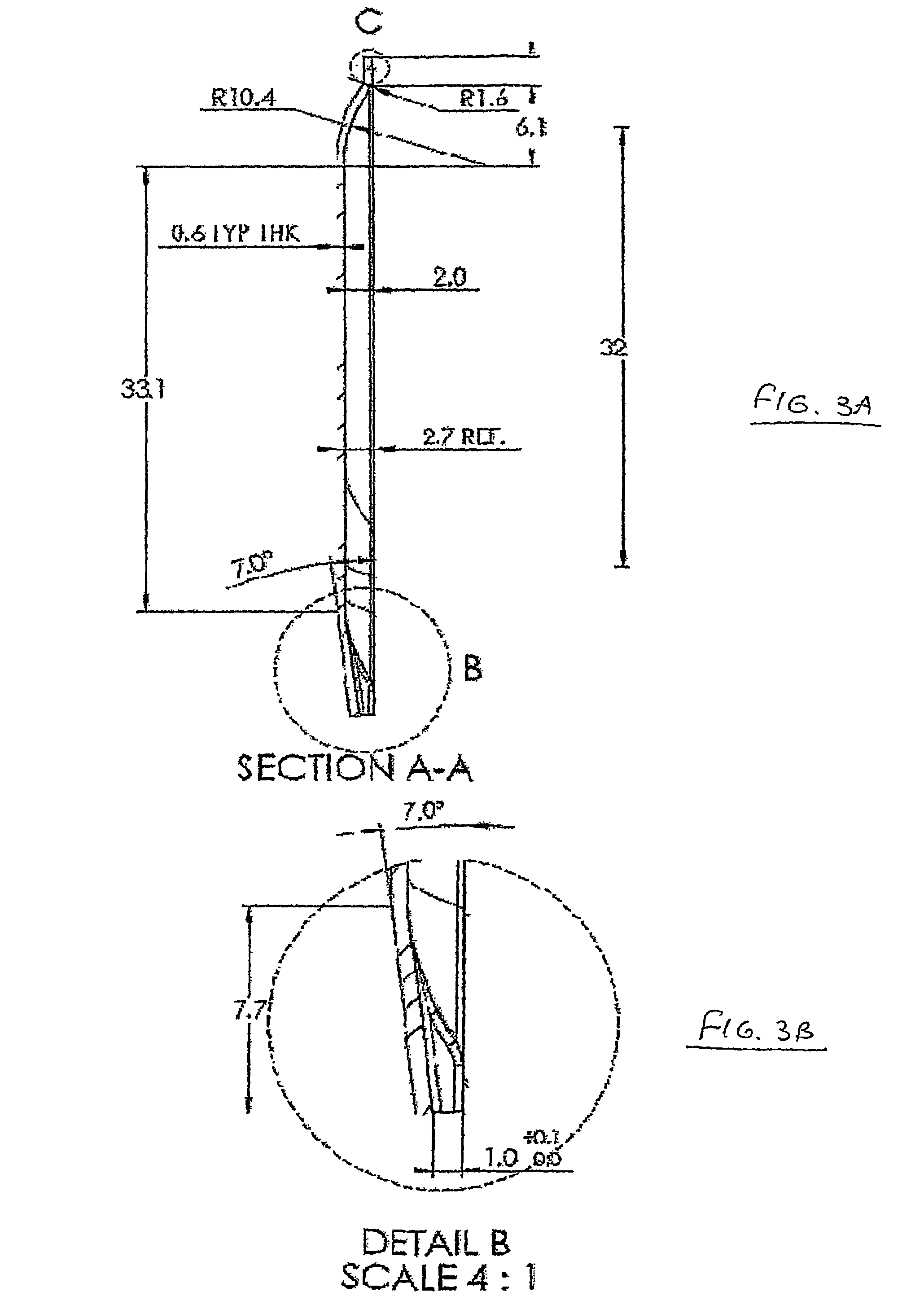Functional electrical stimulation systems
a functional electrical stimulation and system technology, applied in the field of functional electrical stimulation devices and systems, can solve the problems of reducing walking speed and stability, affecting the patient's walking, so as to reduce the risk of falling
- Summary
- Abstract
- Description
- Claims
- Application Information
AI Technical Summary
Benefits of technology
Problems solved by technology
Method used
Image
Examples
Embodiment Construction
[0052]The principles and operation of the present invention may be better understood with reference to the drawings and the accompanying description.
[0053]Before explaining at least one embodiment of the invention in detail, it is to be understood that the invention is not limited in its application to the details of construction and the arrangement of the components set forth in the following description or illustrated in the drawings. The invention is capable of other embodiments or of being practiced or carried out in various ways. Also, it is to be understood that the phraseology and terminology employed herein is for the purpose of description and should not be regarded as limiting.
[0054]Various prior art sensor envelopes have appreciable deficiencies. One particular disadvantage is the lack of sufficient protection of the sensor by the sensor envelope. This lack of protection may cause an uncontrolled or uneven force distribution over the surface of the sensor, resulting in a ...
PUM
 Login to View More
Login to View More Abstract
Description
Claims
Application Information
 Login to View More
Login to View More - R&D
- Intellectual Property
- Life Sciences
- Materials
- Tech Scout
- Unparalleled Data Quality
- Higher Quality Content
- 60% Fewer Hallucinations
Browse by: Latest US Patents, China's latest patents, Technical Efficacy Thesaurus, Application Domain, Technology Topic, Popular Technical Reports.
© 2025 PatSnap. All rights reserved.Legal|Privacy policy|Modern Slavery Act Transparency Statement|Sitemap|About US| Contact US: help@patsnap.com



